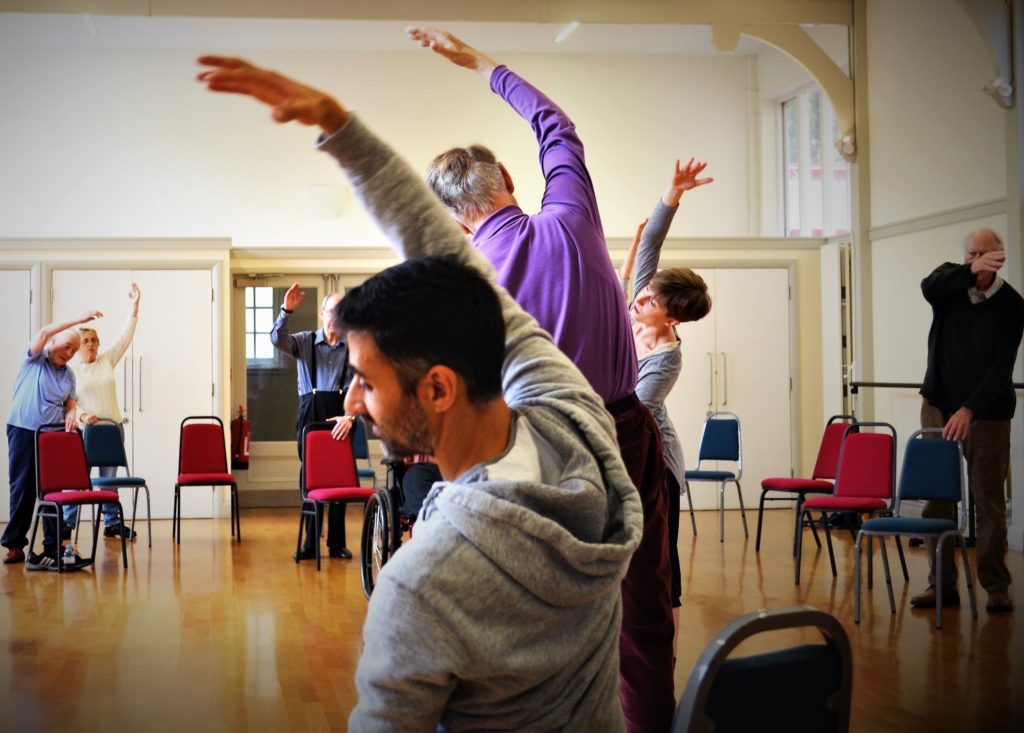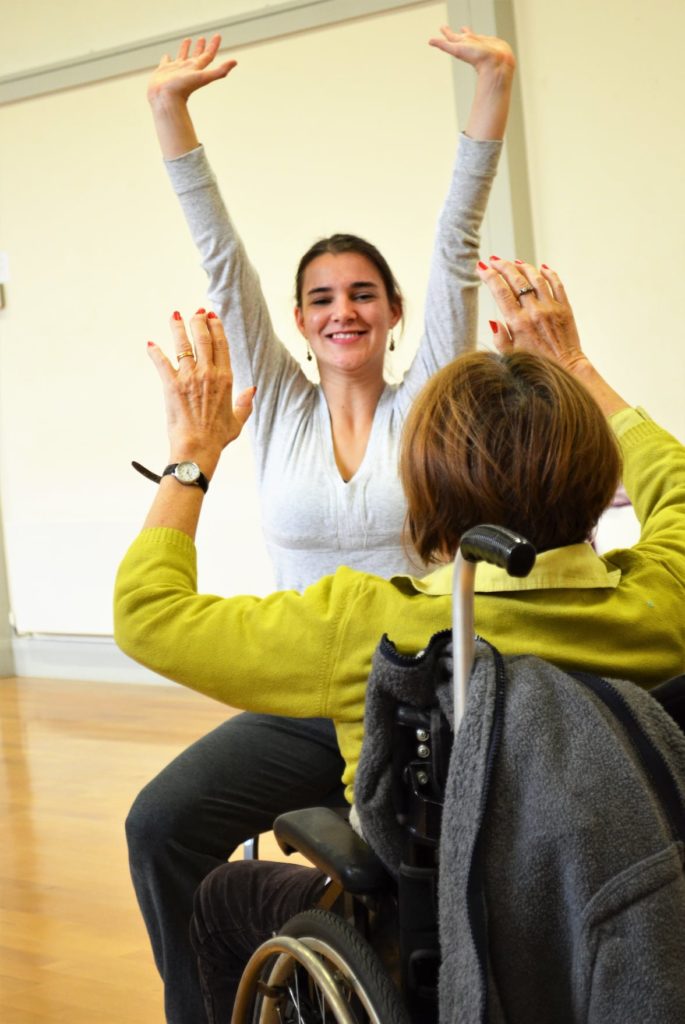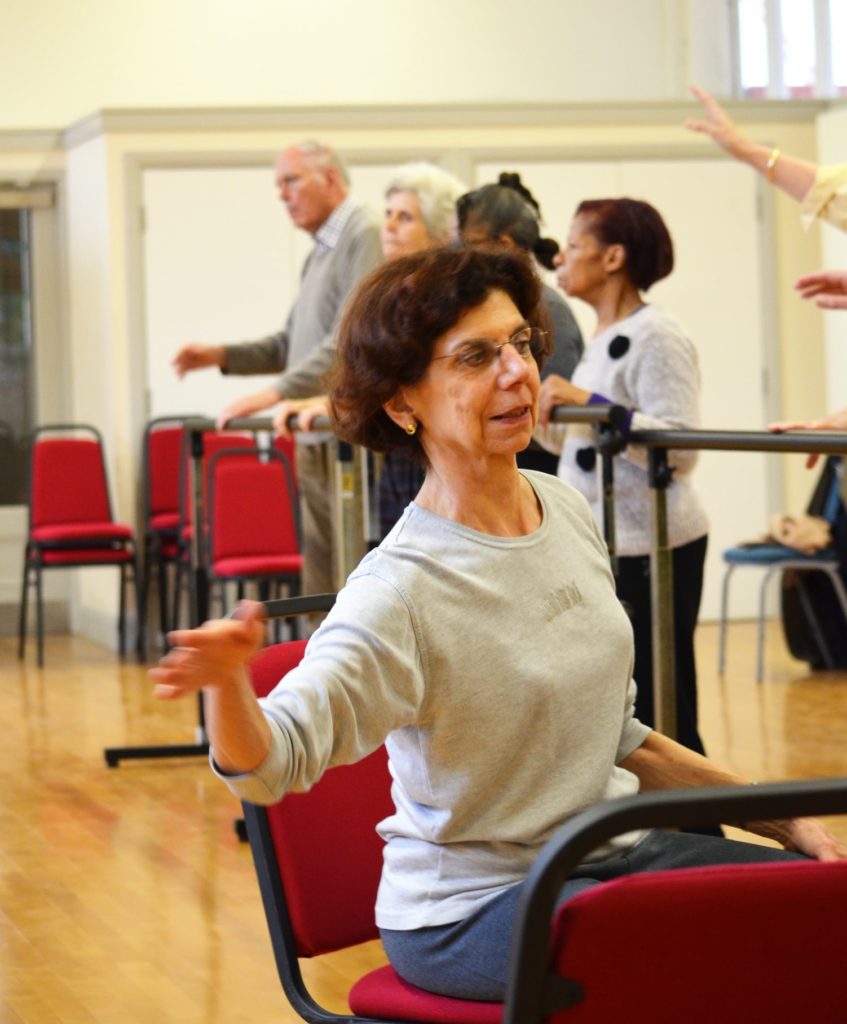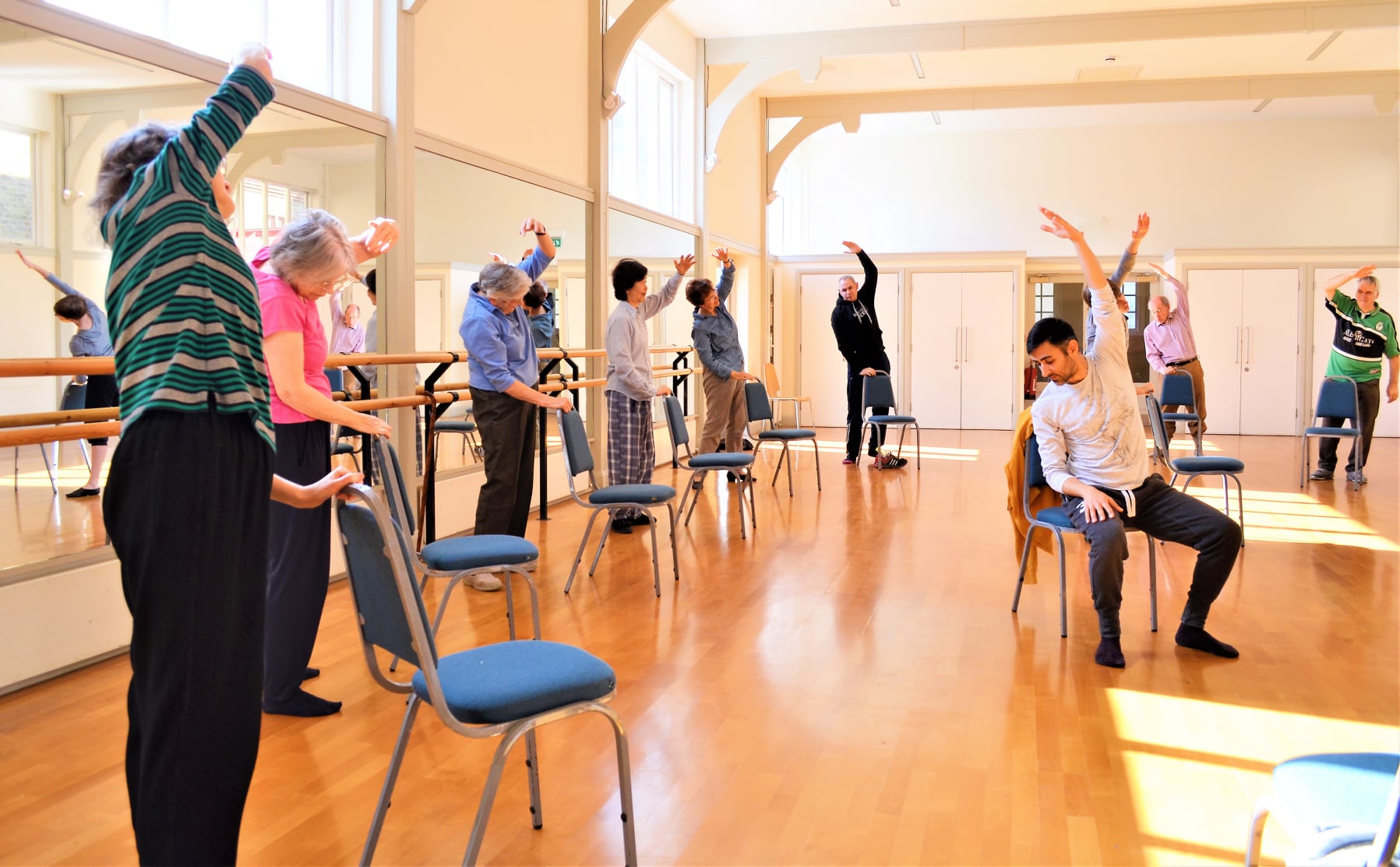
Around 145,000 people in the UK are diagnosed with Parkinson’s. Parkinson’s is a neurological disease that affects the brain, in particular nerve cells that produce the chemical dopamine. Dopamine begins to decrease over time leading to progressive worsening of symptoms.
Symptoms of Parkinson’s disease
Dopamine controls our ability to walk, talk, write and even smile so once it starts to decline, adverse symptoms begin to appear. These include;
- Tremors
- Sleeping problems
- Pain
- Stiffness and slowness of movement
- Memory and thinking problems
- Anxiety and depression
- Involuntary moments
The impact of lockdown on those with long-term illnesses
In a report conducted by Parkinson’s UK, 72% of respondents found social contact with friends and family more difficult during the pandemic. Reduced health care, disruption to routine and social contact had an accumulative impact on mental and physical health. A quarter reported increased anxiety and sleep problems and worsening of tremors. A third reported increased slowness of movement, stiffness and fatigue.

Physical activity in those with Parkinson’s
In this same report, 34% stated that reduced access to exercise had a negative impact on their lives.
Luckily, during the pandemic organisations like Move into Wellbeing became a lifeline for those confined to their homes.
As a charity that specialises in ballet/dance-inspired movement classes for participants with Parkinson’s and other mobility issues, they were able to reach people all over the UK as well as those local to them in Hounslow, Brentford, and Chiswick, West London.
Donna Schoenherr, founder of Move into Wellbeing, was inspired to help those with Parkinson’s due to her father’s experience with the disease.
Donna explains to classfinder ‘my father was a very active and athletic person with a very high intellect. To witness the slow, painful degeneration of his physical strength, aptitude, and skills along with the obstacles to the full use of his intelligence was deeply upsetting to me.
I was a professional dancer and I had witnessed over the decades, work that colleagues, individual dance artists, schools and organisations were delivering that utilised dance in a therapeutic, supportive, and joyful way.
This concept intrigued me. Eventually, I became aware of the Dance for PD® programme in NYC. This inspired me greatly. Once I was at a place in my private life and career (I am also a mum, wife, and founder of Ballet4life.com®) and had to find time and energy to devote to research and creation, I launched Move into Wellbeing®!’

What can I expect from a Move into Wellbeing classes?
Move into Wellness classes help participants on a myriad of levels. They improve mood, balance, concentration, coordination, flexibility, strength, walking skills, daily task mastering, and confidence. The movement creates the endorphins which give the participant the feel-good factor. As a happy side effect, we have had a lot of feedback about the positive impact that carers and family members experience when a loved one is taking part in classes.
Participants are welcomed to the class, and the exercises are done seated for the first section. The teacher guides the group through a gentle warm-up using breath and stretching. This helps to bring awareness of each person’s body and to get in touch with how they are feeling that day. All movements can be adapted to suit the needs of the individual.
The main segment of the class focuses on exercises that improve dexterity, fine and gross motor skills, core strength, movement of joints and rhythmic patterns to stimulate the brain.
We then move to part of the class where we stand using support from a sturdy chair for those that can or modified moves for those that can’t. The movement becomes slightly more challenging for a full-body workout. There is basically no right or wrong in our classes. Everyone needs to feel supported and guided in a safe and proactive way!
Advice for carers and those living with Parkinson’s
It can be isolating living with or caring for someone with a long-term health condition. Donna suggests that ‘joining any kind of support group that provides a built-in social network and enables the carer or person living with Parkinson’s to ask questions and to share stories is very constructive and uplifting.’ Move into Wellbeing offers just that support both in-person and online. The first visit is free or you can join in online by contacting Move into Wellbeing. Virtual classes take place on Zoom. Not familiar with using a live streaming platform? The team at Move into Wellbeing can help you get set up. Find out more about Move into Wellbeing by following them on Facebook or Instagram (@Movein2Welbng). You can also find classes on Dance for PD® website.
For additional support, speaking with a GP, Parkinson nurse, Neurological Consultant or Parkinson’s UK and Parkinson’s Trust can be helpful and valuable.


